

This guide helps you choose the perfect roofing screws for your project, covering materials, sizes, and installation tips. Learn about different screw types and find the best option for your roofing needs. We'll explore factors like durability, weather resistance, and ease of installation to ensure a long-lasting, secure roof.
Roofing screws made from galvanized steel are a popular choice due to their affordability and decent corrosion resistance. The zinc coating protects against rust, making them suitable for many climates. However, their lifespan might be shorter than other options in harsh weather conditions.
For superior corrosion resistance and longevity, stainless steel roofing screws are the top choice. They withstand extreme weather conditions, including heavy rain, snow, and saltwater exposure. While more expensive than galvanized steel, their extended lifespan often makes them a cost-effective solution in the long run. Consider choosing grades like 304 or 316 stainless steel for optimal durability. For particularly demanding applications, consider consulting a roofing professional.
Aluminum roofing screws are lightweight and offer excellent corrosion resistance, particularly in coastal areas. However, they might not be as strong as steel screws, so they are best suited for lighter roofing materials. They are often used with metal roofing.
The appropriate length of your roofing screws depends heavily on the thickness of your roofing material and the underlying structure. Too short, and the screw won't provide adequate hold. Too long, and you risk damaging the underlying structure. Always consult the manufacturer's specifications for your roofing material for recommended screw lengths. You'll want to ensure sufficient penetration into the supporting structure for optimal holding power. A professional consultation can be invaluable here, especially for complex roofing systems.
Different screw head types offer different advantages. For instance, pan head screws provide a low-profile finish, while bugle head screws offer a larger surface area for improved holding power. The choice depends on your specific roofing materials and aesthetic preferences. Again, consulting with a roofing professional might be beneficial.
Phillips, square, and Torx drive types are common. Each offers its own advantages and disadvantages in terms of ease of use and resistance to cam-out. Consider the type of screwdriver you'll be using and choose a drive type that minimizes the risk of stripping.
You can find a wide selection of roofing screws at most home improvement stores, both online and brick-and-mortar. Online retailers often provide detailed product specifications and customer reviews, making it easy to compare options. However, purchasing from reputable suppliers is crucial to ensure quality. For large projects, contacting a supplier directly could offer advantageous pricing and bulk discounts. Hebei Muyi Import&Export Trading Co.,Ltd offers a wide range of high-quality fasteners including roofing screws. They can assist in sourcing the best materials for your needs.
Proper installation is key to a secure and long-lasting roof. Pre-drilling pilot holes can help prevent splitting the roofing material. Always use a screwdriver that properly fits the screw drive type to prevent damage. Tighten the screws securely but avoid over-tightening which could strip the head or damage the material.
| Screw Type | Corrosion Resistance | Strength | Cost |
|---|---|---|---|
| Galvanized Steel | Good | Medium | Low |
| Stainless Steel | Excellent | High | High |
| Aluminum | Excellent | Medium | Medium |
Remember to always consult professional advice for complex roofing projects.


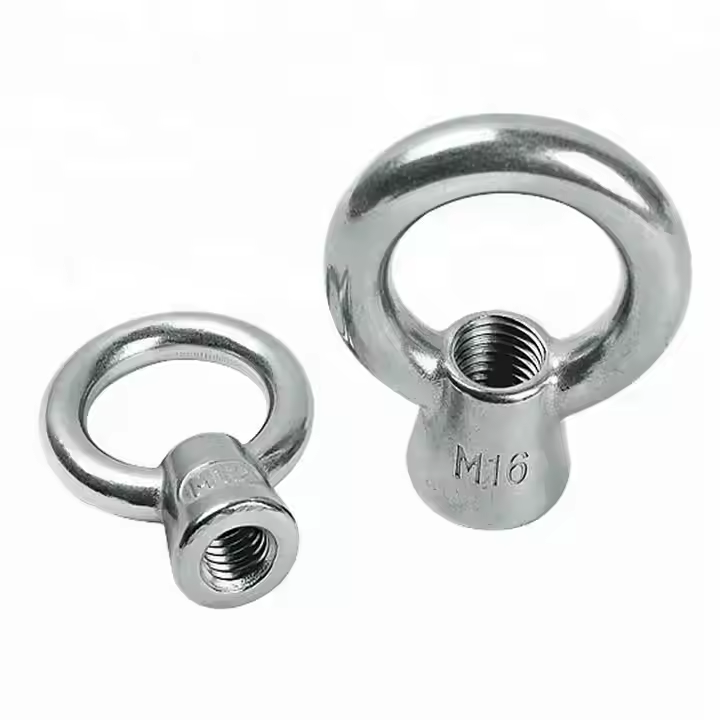
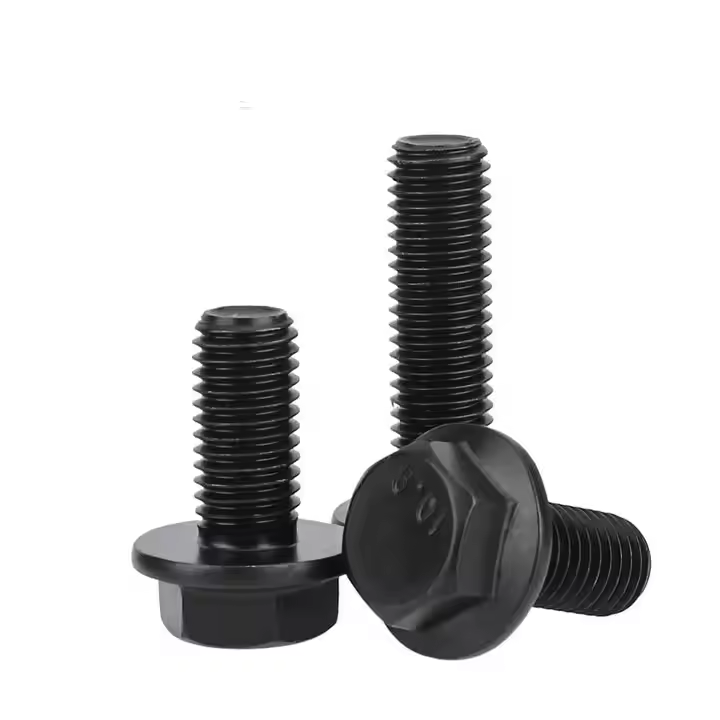
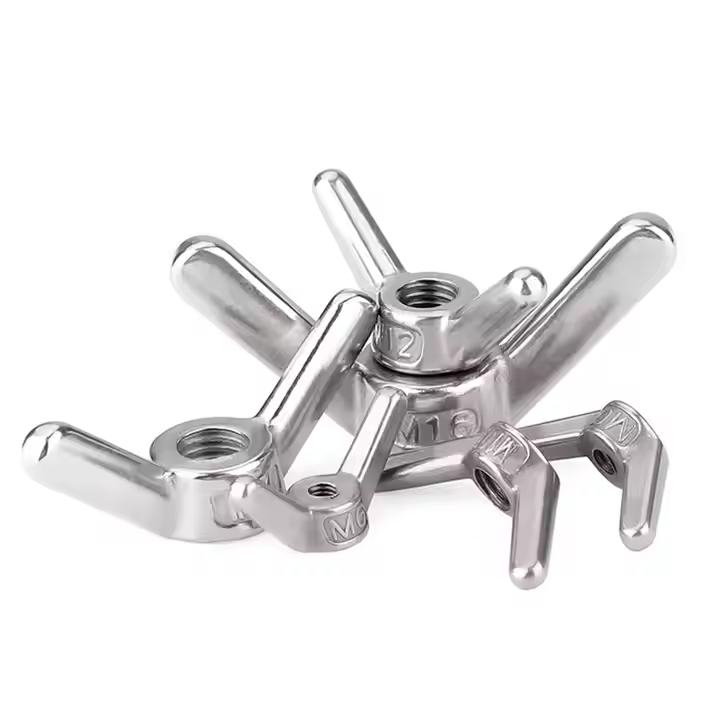

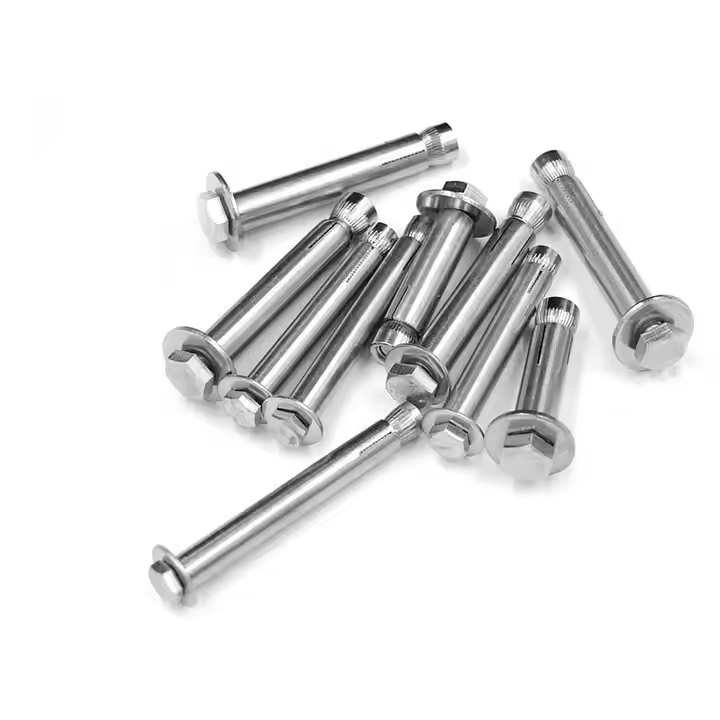


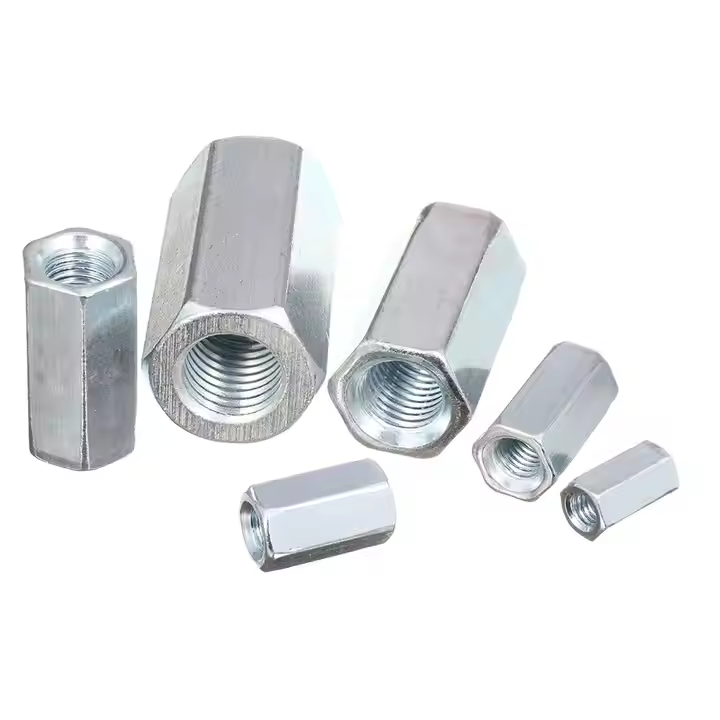
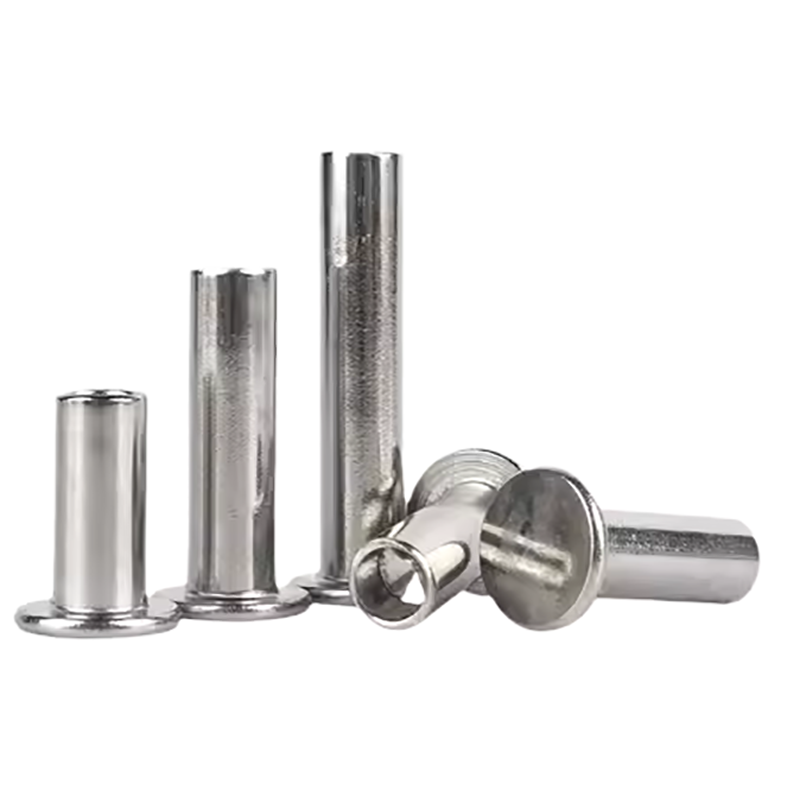


Please enter your email address and we will reply to your email.